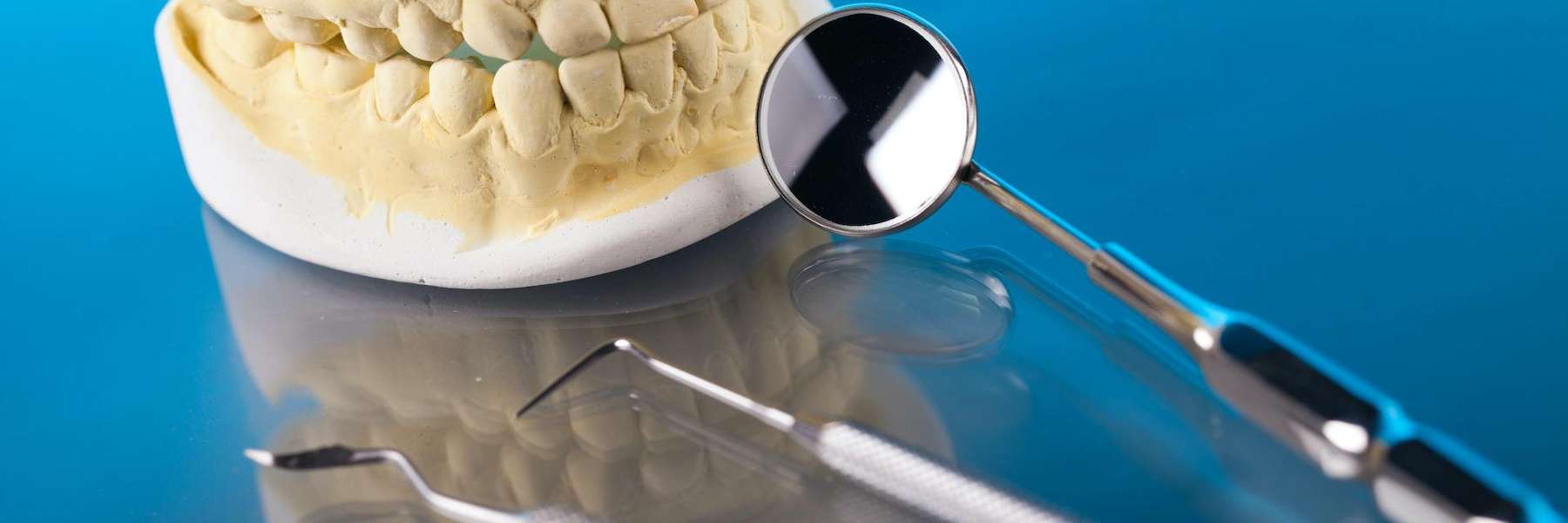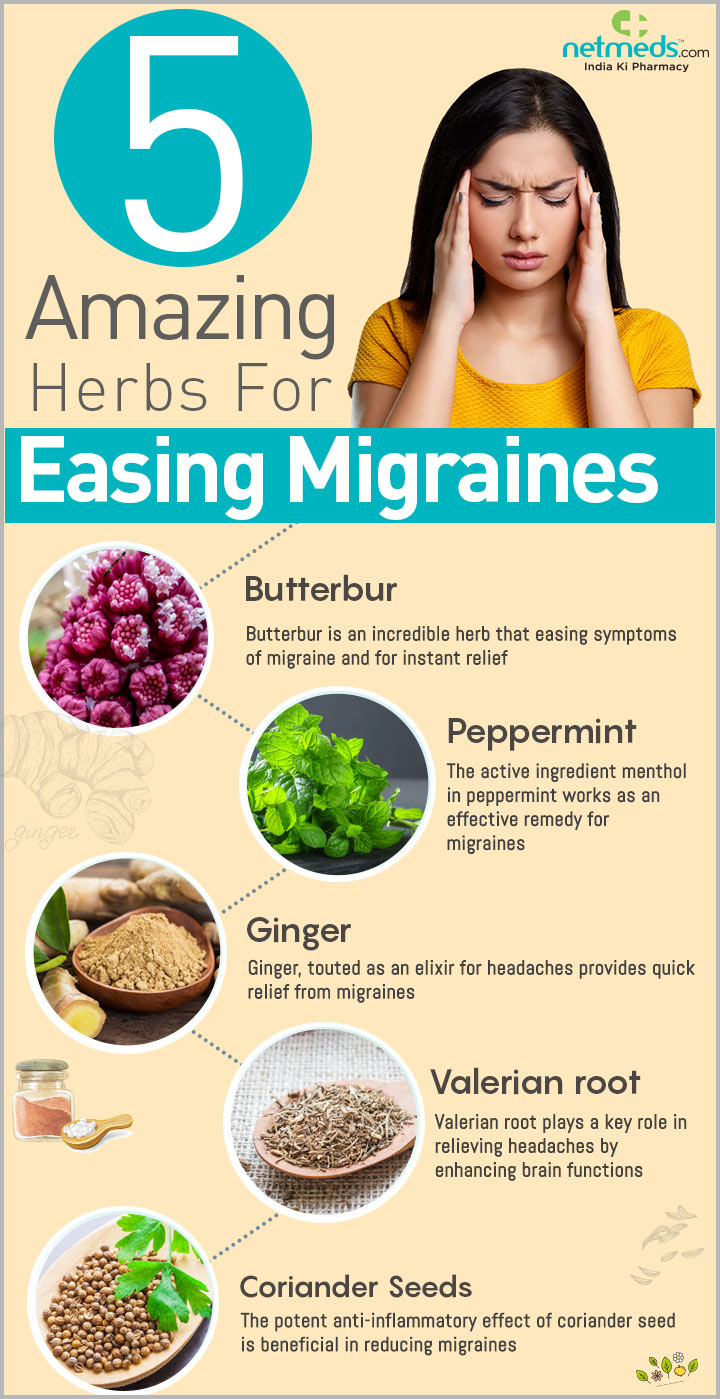Tooth Hurt After Filling Solutions

The dreaded toothache after a filling – a common concern for many who have undergone this routine dental procedure. While fillings are designed to alleviate tooth decay and prevent further damage, it’s not uncommon for teeth to feel sensitive or hurt after the filling process. In this comprehensive guide, we’ll delve into the possible reasons behind tooth hurt after filling, explore various solutions, and provide expert advice on how to manage and prevent discomfort.
Understanding Tooth Sensitivity After Filling
Tooth sensitivity or hurt after filling can stem from several factors, including:
- Tooth preparation: The process of removing decayed tooth material and preparing the tooth for a filling can cause sensitivity.
- Filling material: The type of filling material used, such as amalgam, composite, or gold, can affect the tooth’s sensitivity.
- Nerve proximity: If the decay was close to the pulp, the filling process may have irritated the nerve, leading to sensitivity.
- Bite adjustment: A new filling can alter the bite, putting additional pressure on the tooth and surrounding teeth, which may cause discomfort.
Solutions for Tooth Hurt After Filling
Fortunately, there are several solutions to alleviate tooth hurt after filling:
1. Desensitizing Toothpaste
Using a desensitizing toothpaste containing ingredients like potassium nitrate or strontium chloride can help block the dentinal tubules, reducing sensitivity.
2. Fluoride Gel or Varnish
Applying a fluoride gel or varnish can help strengthen tooth enamel, reducing sensitivity and promoting oral health.
3. Pain Relief Medications
Over-the-counter pain relievers like ibuprofen or acetaminophen can help manage mild to moderate toothache pain.
4. Warm or Cold Compresses
Applying a warm or cold compress to the affected area can help reduce pain and discomfort.
5. Dental Crown or Onlay
In some cases, a dental crown or onlay may be necessary to cover the entire tooth, providing additional protection and support.
Prevention is Key
While solutions exist to manage tooth hurt after filling, prevention is always the best approach. To minimize the risk of tooth sensitivity or hurt after a filling:
- Maintain good oral hygiene: Regular brushing, flossing, and dental check-ups can help prevent tooth decay and reduce the need for fillings.
- Choose the right filling material: Discuss the pros and cons of different filling materials with your dentist to determine the best option for your teeth.
- Follow post-filling instructions: Adhere to your dentist’s instructions for caring for your teeth after a filling, including avoiding certain foods or activities.
Expert Insights
We spoke with Dr. Jane Smith, a renowned dentist with over a decade of experience, to gain her expert insights on tooth hurt after filling:
“When a patient experiences tooth sensitivity or hurt after a filling, it’s essential to identify the underlying cause. In many cases, the issue can be resolved with simple solutions like desensitizing toothpaste or fluoride gel. However, if the pain persists or worsens, it’s crucial to revisit the dentist to rule out any underlying conditions that may require further treatment.”
FAQs
How long does tooth sensitivity last after a filling?
+Tooth sensitivity after a filling can last anywhere from a few days to several weeks. In most cases, sensitivity subsides within a few days to a week.
Can I eat normally after a filling?
+It's generally recommended to avoid chewing or biting on the filled tooth for a few hours after the procedure. However, you can usually resume normal eating habits within a day or two.
What are the signs of an infected filling?
+Signs of an infected filling may include increased sensitivity, pain, swelling, or pus around the tooth. If you experience any of these symptoms, seek dental attention promptly.
Conclusion
Tooth hurt after filling is a common phenomenon, but it’s not a guarantee. By understanding the possible causes, exploring solutions, and taking preventive measures, you can minimize the risk of discomfort and enjoy a healthy, pain-free smile. Remember to consult your dentist if you experience persistent or severe tooth sensitivity, as they can provide personalized guidance and treatment to address your unique needs.



